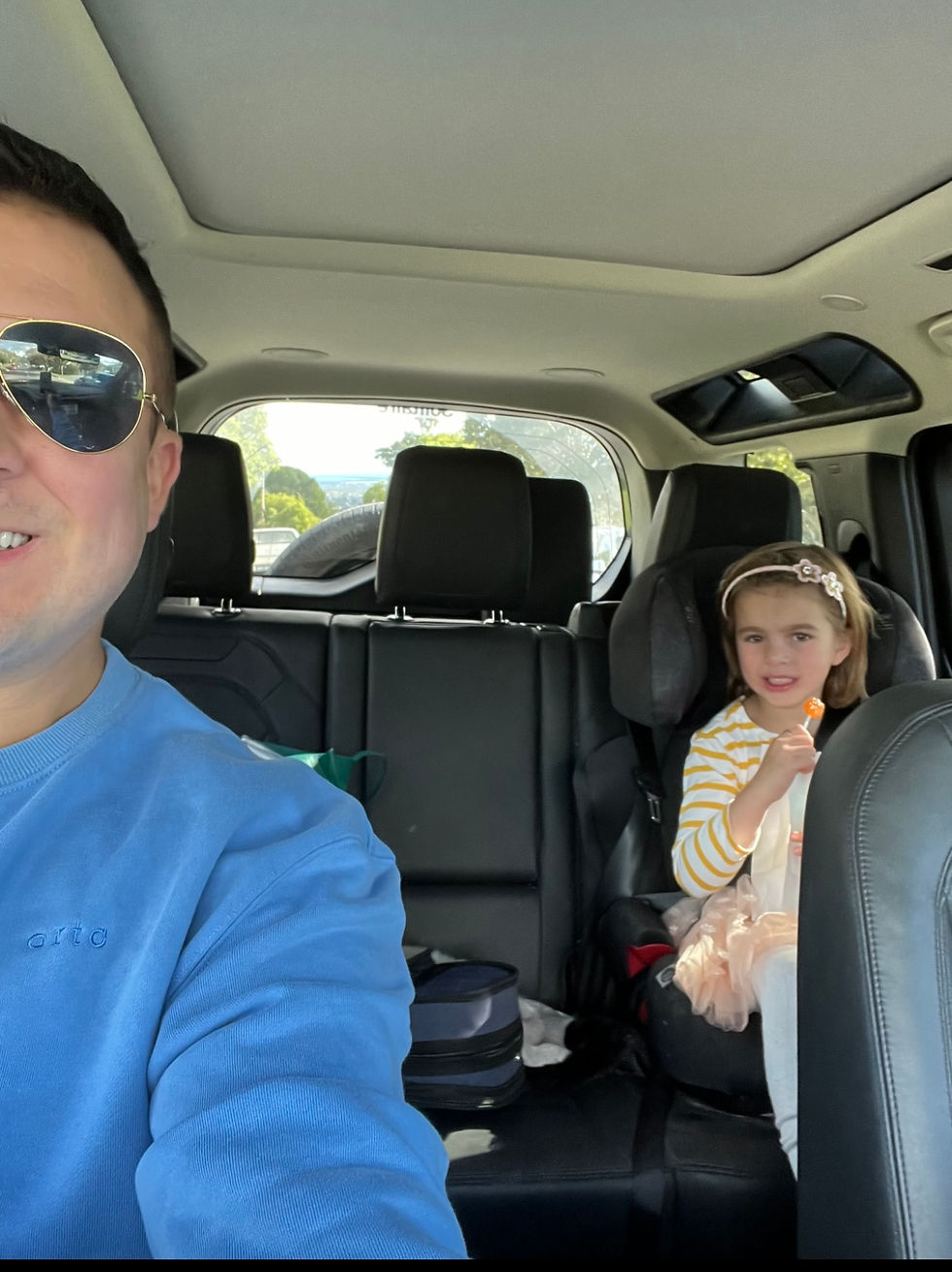“Are We Nearly There Yet?” Parental Burnout.
- Edwin and George

- Aug 23, 2022
- 2 min read

T = 70 + 0.5E + 15F – 10S. Thank me later.
We’ve written before about parental burnout.
It’s a subject that is close to our hearts. (‘Parental Burnout: The Time For Action Is Now.’ (EGM Blog).
The pandemic, in particular, was a stressful time (whether you’re a parent or not.)
But if you are a parent there were extra pressures - home schooling, keeping the kids occupied, breaking their routines – all at a time when they couldn’t see their friends.
In one survey, participants were asked what they would miss most when they returned to the office?
15% said their kids
20 % said their partner, and
65% said their dog (or another pet).
(We are sure there are some ‘light-hearted’ responses in there).
In her book ‘Can’t Even,’ Helen Anne Petersen writes:
‘If you decide to have them, balancing children with your career is the hardest thing you’ll ever do.’
And, of course, this is one of the major reasons that flexibility is rising in importance for many working parents.
How can you be fully engaged at work if you’re worried about:
missing the under 8s rugby match
being late for the school play
getting to school in time to pick the kids up, or
spending more time with them?
But we think we’ve found one interesting piece of research - that might just make the lives of all parents a little bit easier.
Imagine:
What could be more stressful than a long car journey with the kids?
The traffic jams, the tiredness, the boredom. It’s no wonder there are so many back seat tantrums.
But now parents can go on the journeys prepared.
Academics at Nottingham Trent University have calculated the exact formula for predicting the chances, and timing, of a child throwing a tantrum in the back of a car during a long journey.
Based on responses from 2,000 parents, they found that the time the average child will take to throw a tantrum is 70 minutes. (T)
The chances of a tantrum are reduced by thirty seconds for every minute a child is entertained (E)
while food delays the tantrum by 15 minutes (F)
but having siblings in the car decreases the timing of backseat breakdowns by 10 minutes. (S)
For those of a mathematical bent, the formula is:
T = 70 + 0.5E + 15F – 10S
But Be Warned:
It was found that two children with no entertainment and no snacks can brew up a back seat tantrum in just 40 minutes.
And Finally:
The survey also found that children will ask ‘are we nearly there yet?’ around 32 minutes into the car journey - and four times during a 2-hour road trip.
We will keep an eye out for other, similar, useful research in the future.








Comments